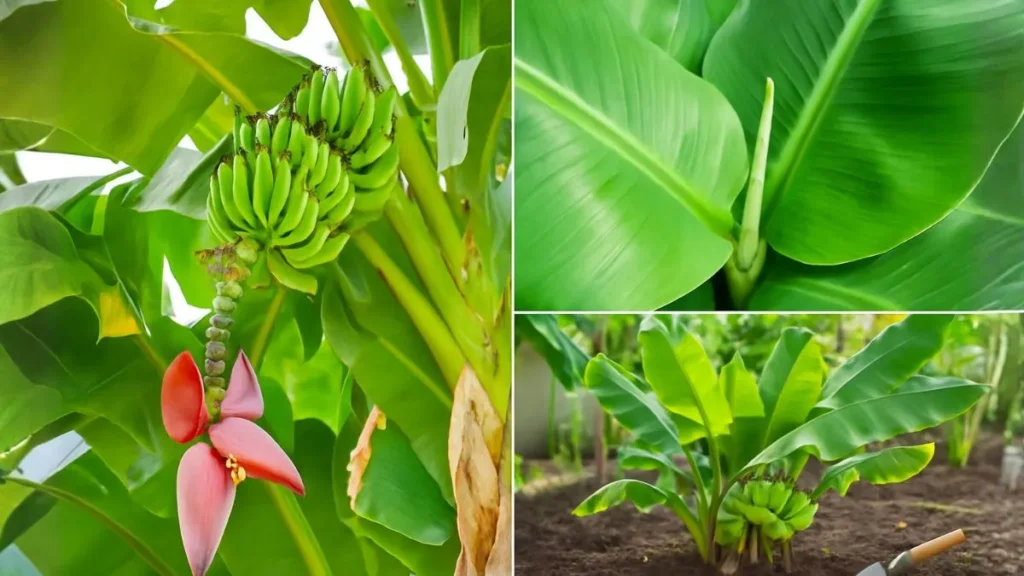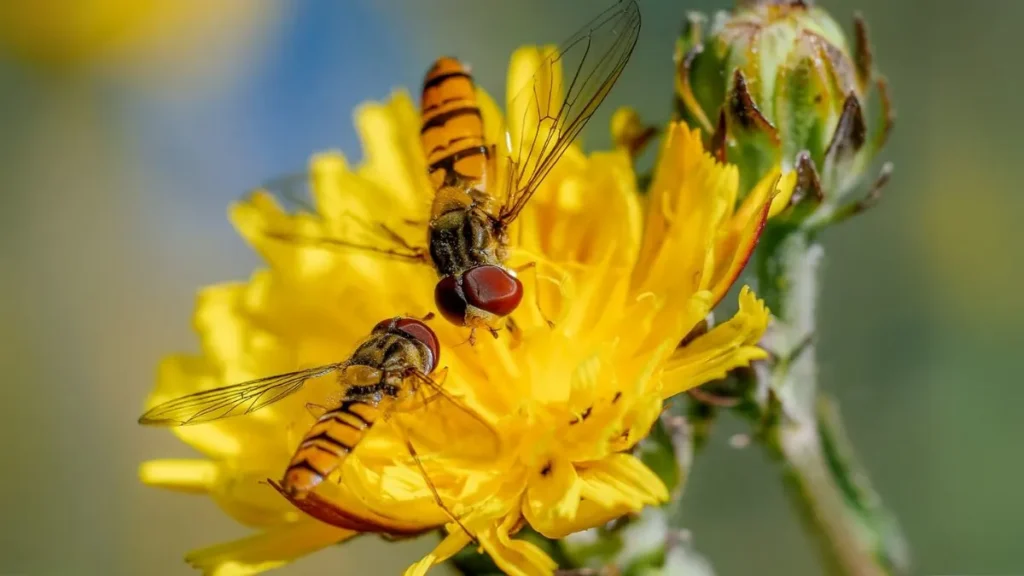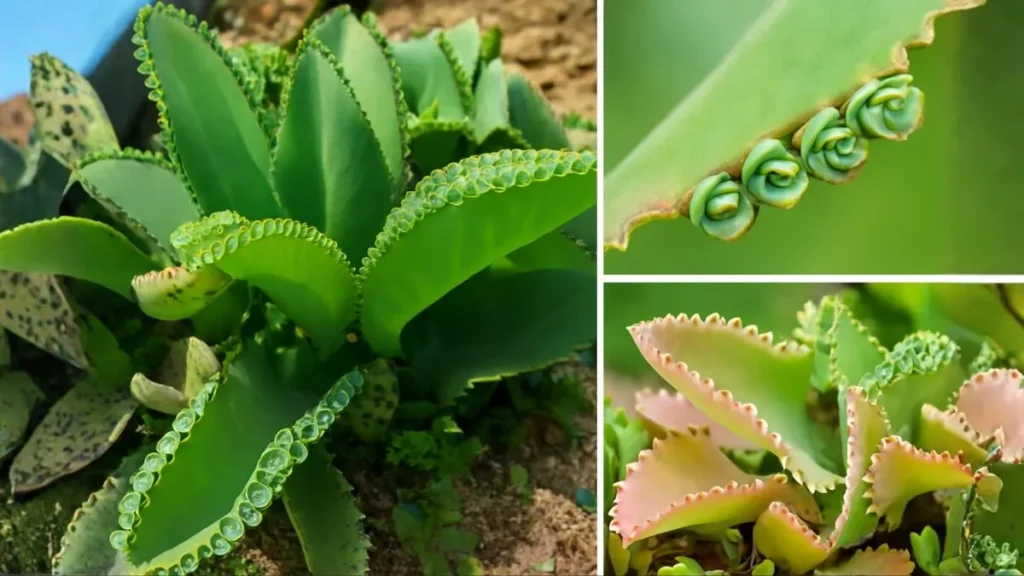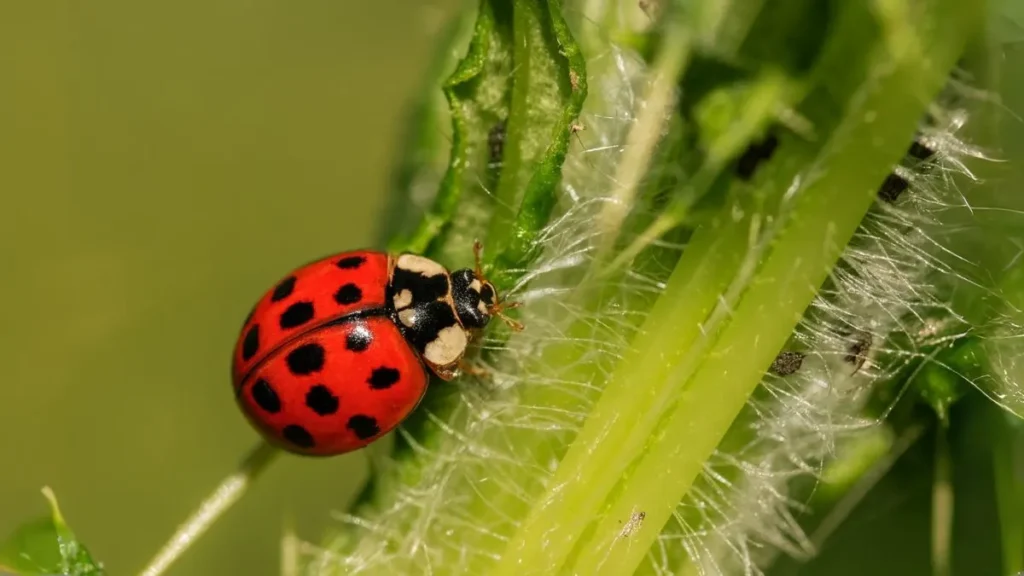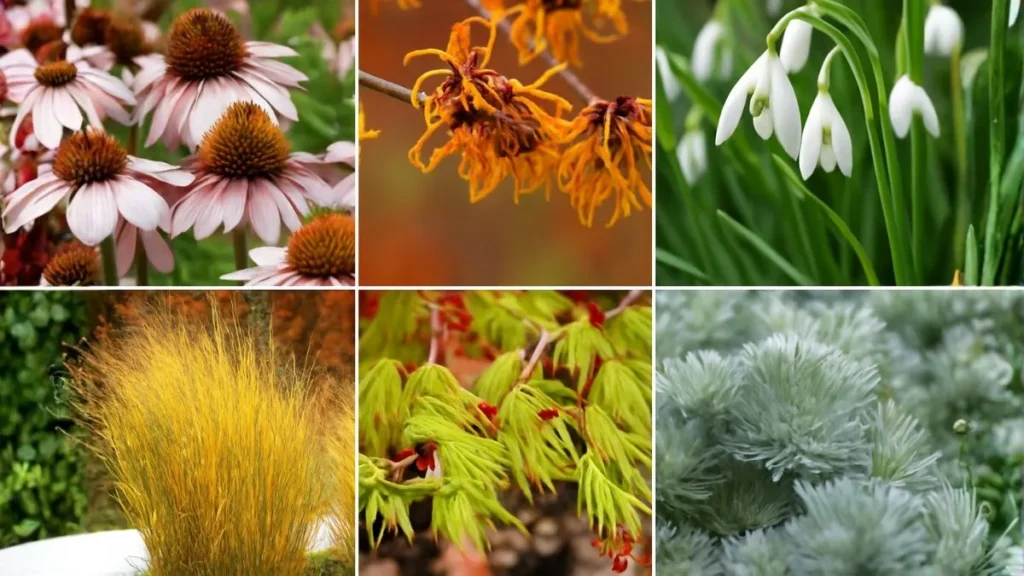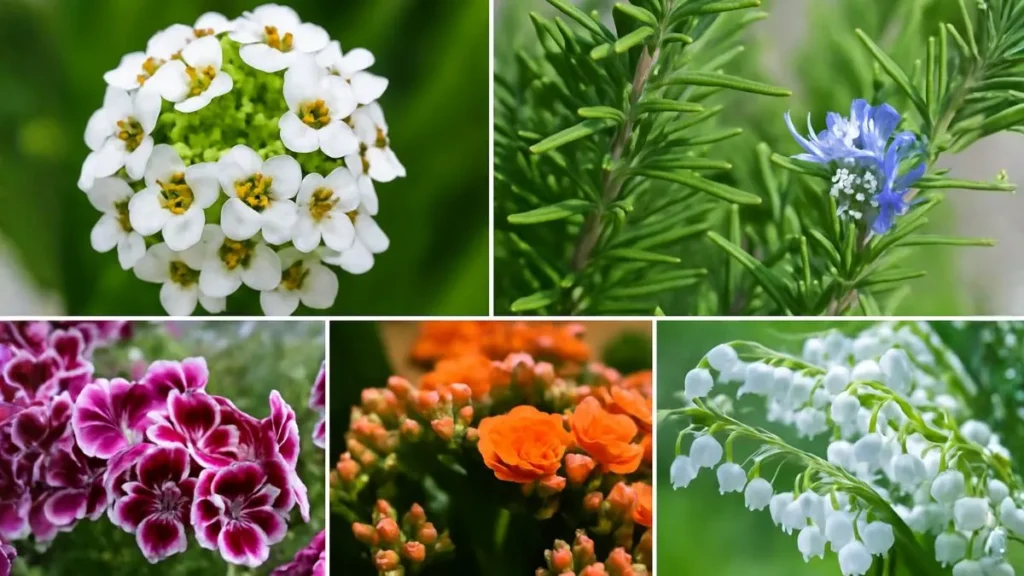Healthy gardens don’t rely only on fertilizers and pesticides. In fact, some of the best pest control and pollination come from good insects—bees, butterflies, predatory beetles, parasitic wasps, and hoverflies. The secret to inviting these garden helpers is simple: grow the right ground covers.
During my early gardening years, I struggled with aphids on roses. Instead of using chemicals, I planted marigold and dill, and within weeks, ladybugs and hoverflies appeared, controlling the problem naturally. That’s when I learned how valuable ground cover can be for attracting good insects.
Why Choose Ground Cover for Insects?
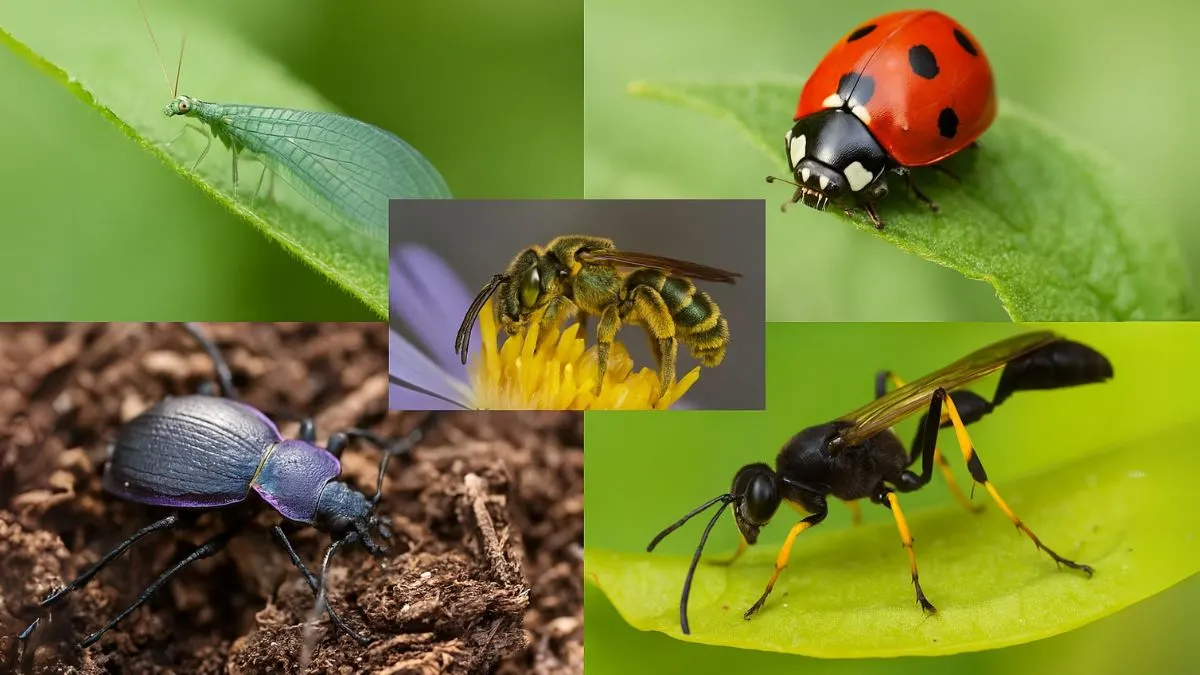
- Biodiversity boost: Ground covers provide nectar, pollen, and shelter.
- Low maintenance: Most are hardy and spread easily.
- Natural pest control: Beneficial insects feed on pests, reducing the need for sprays.
- Soil protection: They prevent erosion and enrich the soil.
Best Ground Covers That Attract Good Insects
-
Marigold
Bright and cheerful, marigold is more than ornamental. Its scent repels nematodes, while its nectar draws pollinators and beneficial predators. When planted at the edges of vegetable beds, they act as both protectors and attractors.
-
Bee Balm
If you want hummingbirds, bees, and butterflies in your garden, bee balm is a must. This fragrant flower thrives in sunny spots and produces vibrant blooms. Its nectar-rich flowers are particularly loved by native bees.
-
Dill, Fennel, and Caraway
Herbs like dill, fennel, and caraway are magnets for lacewings and hoverflies—two insects that feast on aphids and whiteflies. Their umbrella-shaped flowers provide easy access to nectar. Bonus: you can harvest them for cooking, too!
Also Read: Geranium Watering Secrets: Keep Them Blooming All Season Long
-
Tansy and Dandelion
Though often overlooked, tansy and dandelion are valuable ground covers. Dandelions are among the earliest bloomers in spring, giving pollinators a head start. Tansy, with its button-like flowers, attracts lady beetles and predatory wasps.
-
Sweet Woodruff (Galium odoratum)
This fragrant, shade-loving ground cover is excellent under trees or in damp spots. Sweet Woodruff (Galium odoratum) not only carpets the ground beautifully but also lures pollinators like bees.
-
Wood Anemone (Anemone nemorosa)
For woodland gardens, Wood Anemone (Anemone nemorosa) is a natural choice. Its delicate white flowers bloom in spring, providing nectar when food is scarce for early insects.
-
Virginia Strawberry Flowers
The cheerful blossoms of Virginia strawberry flowers attract bees while the fruit supports birds and small mammals. Plus, its spreading nature makes it an excellent living mulch.
-
Yarrow
Gardeners often note that yarrow attracted predatory true bugs, flies and parasitic wasps. Its feathery leaves and flat-topped flowers provide landing pads for many insects. Yarrow is drought-tolerant and grows well in poor soils, making it a tough yet beneficial addition.
-
Native Grasses like Little Bluestem
Don’t underestimate grasses! Native grasses like Little Bluestem provide shelter for ground beetles and overwintering sites for butterflies. Their root systems also improve soil health.
Also Read: Sunflowers: The Easiest Way to Supercharge Beauty, Wildlife, and Soil Health
-
Flowering Cover Crops
If you’re into edible gardening, try allowing cover crops or rape, kale, turnips and radishes to flower. Their blossoms feed pollinators, while their roots improve soil fertility. This is especially useful in crop rotation systems.
Quick Comparison Table
Ground Cover |
Main Insects Attracted |
Best Growing Conditions |
Marigold |
Ladybugs, hoverflies |
Full sun, well-drained soil |
Bee Balm |
Bees, butterflies, hummingbirds |
Sunny, fertile soil |
Dill/Fennel/Caraway |
Lacewings, hoverflies |
Full sun, loamy soil |
Dandelion/Tansy |
Lady beetles, bees |
Varied soils, sunny spots |
Sweet Woodruff |
Pollinators |
Shade, moist soil |
Wood Anemone |
Early pollinators |
Woodland, partial shade |
Virginia Strawberry |
Bees, wildlife |
Sunny to partial shade |
Yarrow |
Parasitic wasps, flies |
Dry, poor soil |
Little Bluestem |
Ground beetles, butterflies |
Full sun, sandy soil |
Flowering Cover Crops |
Pollinators, soil builders |
Sunny, farmland gardens |
If you want a thriving garden that practically cares for itself, start with ground cover that attracts good insects.
Ready to create a pest-free, pollinator-friendly paradise? Start by mixing these ground covers into your beds this season and watch your garden come alive!
